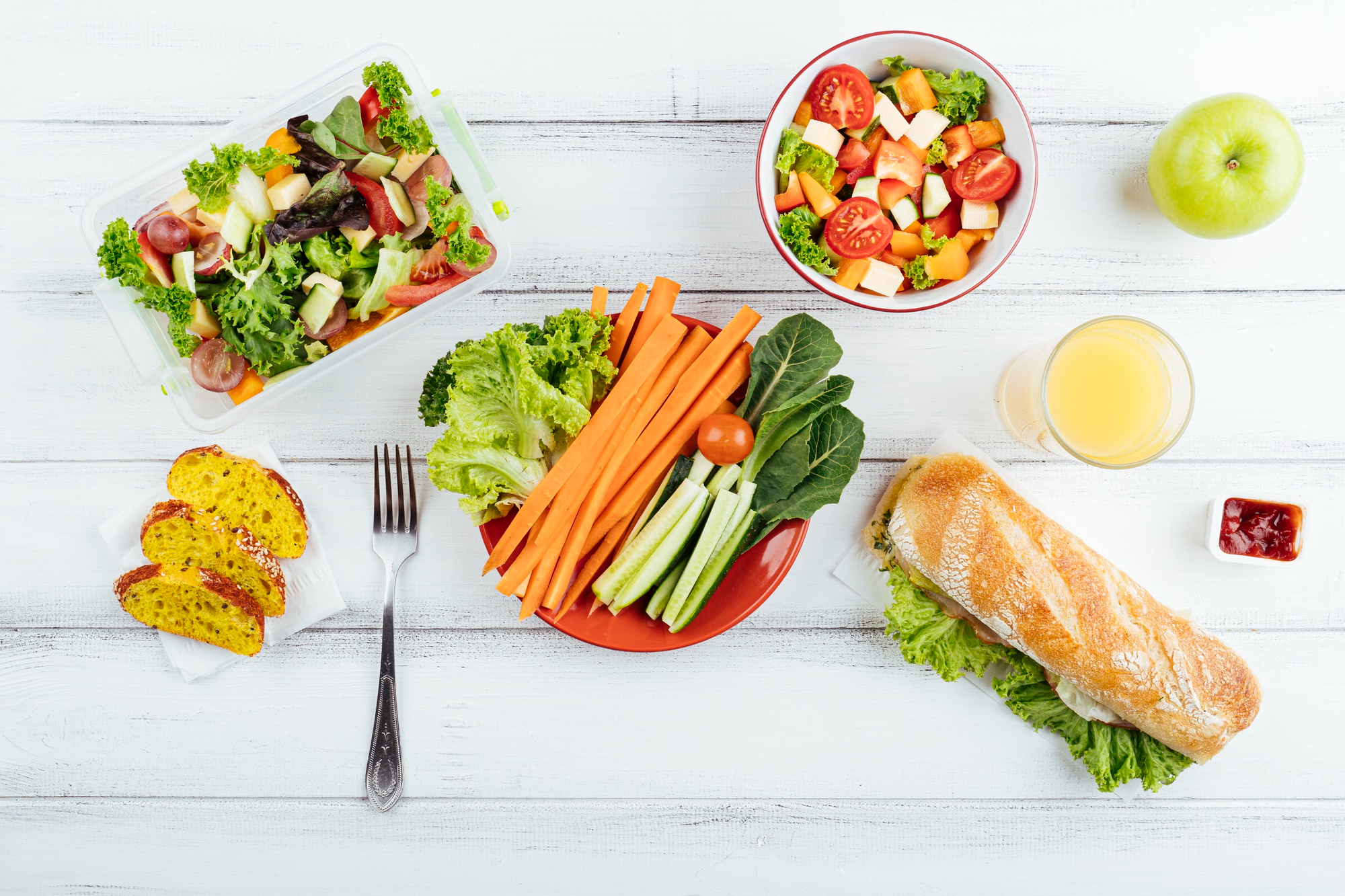5 Myths About Healthy Eating That Are Holding You Back
Healthy eating can often seem overwhelming, with conflicting information and misconceptions making it difficult to know where to start. Unfortunately, these myths can discourage people from making healthier choices, even when they want to. Let’s debunk five common myths about healthy eating that might be holding you back from achieving your wellness goals.
1. Myth: Healthy Eating Is Expensive
One of the most persistent myths is that healthy food is costly, making it seem out of reach for many. While certain organic or specialty items can be pricey, there are plenty of affordable, nutritious options available. Staples like oats, beans, lentils, rice, frozen vegetables, and seasonal fruits are all budget-friendly and packed with nutrients.
The Reality: Eating healthy doesn’t require premium products. With smart shopping, meal planning, and focusing on whole, unprocessed foods, you can eat healthily without breaking the bank. Buying in bulk, cooking at home, and sticking to in-season produce are excellent ways to cut costs while maintaining a nutritious diet.
2. Myth: Healthy Eating Means Giving Up Your Favorite Foods
Many people think that eating healthy means completely cutting out the foods they love. This misconception often leads to frustration, making it harder to maintain a healthy lifestyle long-term. However, healthy eating doesn’t require strict deprivation or restrictive diets.
The Reality: Healthy eating is all about balance and moderation. You can still enjoy your favorite treats, just in smaller portions or healthier versions. For example, try baking your own desserts using whole grains and natural sweeteners, or swap processed snacks for homemade options that use wholesome ingredients. It’s about making mindful choices rather than eliminating foods entirely.
3. Myth: You Have to Eat Superfoods to Be Healthy
Superfoods like kale, quinoa, chia seeds, and acai berries are often promoted as essential to a healthy diet, but they come with a price tag and aren’t always easily accessible. While these foods are packed with nutrients, they aren’t magical solutions to better health, nor are they the only way to nourish your body.
The Reality: You don’t need superfoods to eat healthily. Everyday fruits, vegetables, grains, and proteins—like apples, carrots, potatoes, spinach, and beans—are just as nutritious and much more affordable. The key to healthy eating is variety, not expensive ingredients. Focus on incorporating a range of colorful, whole foods into your diet to get a balance of essential nutrients.
4. Myth: Eating Healthy Takes Too Much Time
The idea that preparing healthy meals is time-consuming often prevents people from making healthier choices, especially with busy schedules. This myth can lead to reliance on convenience foods, which are often processed and lack the nutritional value of home-cooked meals.
The Reality: Eating healthy doesn’t have to take hours of prep time. With some simple meal planning and a few go-to recipes, you can prepare nutritious meals in no time. Many healthy meals, such as stir-fries, salads, grain bowls, and smoothies, can be made in under 30 minutes. Batch cooking and meal prepping on weekends can save you time during the week, making it easier to eat well even on your busiest days.
5. Myth: Healthy Eating Means Cutting Out Carbs Completely
Carbohydrates have become a villain in many diets, with some people believing that they must avoid them entirely to be healthy. This misconception has led to extreme low-carb diets, which can be difficult to maintain and may deprive the body of essential nutrients.
The Reality: Not all carbs are created equal. While refined carbs, like white bread and sugary snacks, should be limited, complex carbohydrates found in whole grains, fruits, and vegetables are vital for energy and overall health. Your body needs carbs to function properly, and choosing the right kinds—such as quinoa, brown rice, oats, and sweet potatoes—will help you feel full and energized.
Final Thoughts
Healthy eating doesn’t have to be expensive, time-consuming, or restrictive. By debunking these common myths, you can feel more empowered to make nutritious choices that fit your lifestyle. Remember, it’s about balance, variety, and finding what works best for you. With the right approach, healthy eating becomes a sustainable and enjoyable part of your daily routine.



